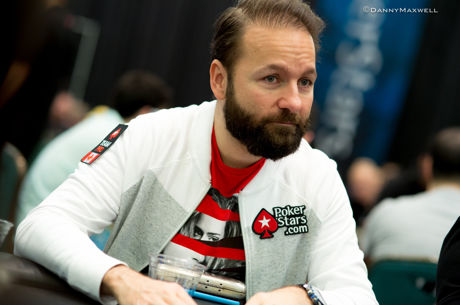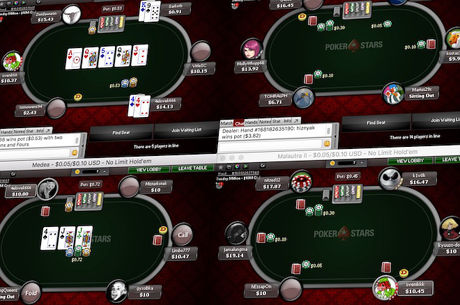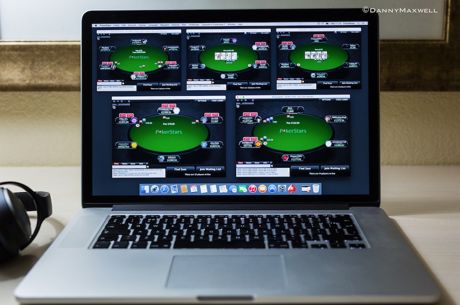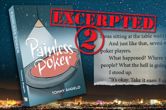Self-Awareness: A Mindset Secret Weapon
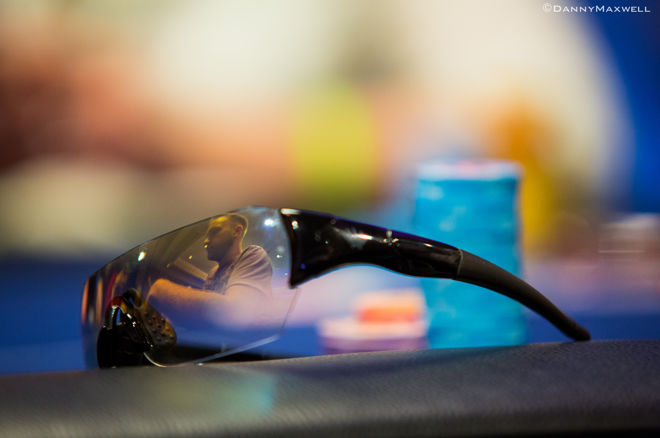
"If you know the enemy and know yourself, you need not fear the result of a hundred battles. If you know yourself but not the enemy, for every victory gained you will also suffer a defeat. If you know neither the enemy nor yourself, you will succumb in every battle."
~Sun Tzu
In a recent Twitter message, professional poker player Daniel Negreanu shared with me that one of the secrets to his longevity in poker is self-awareness. Let's consider why this is so.
Every poker hand is a battle in the greater tournament or cash game war between us and our opponents. To achieve a high level of performance and ultimately success, we must be keenly aware of our own thought processes, our Achilles heels, as well as our strengths and limitations.
In Your Brain at Work: Strategies for Overcoming Distraction, Regaining Focus and Working Smarter All Day Long, David Rock defines self-awareness as "the capacity to step outside your own skin and look at yourself with as close to an objective eye as possible."
Increasing self-awareness enables us to evaluate our play more effectively and objectively, to analyze and improve study habits, and to choose our emotional responses as opposed to reacting impulsively. As a side benefit, learning about ourselves can also give us greater insight into our opponents.
While some people are more naturally inclined in this area, self-awareness can be developed and honed.
We tend to be deeply invested in how we have played a hand. If we experienced a "bad beat," we believe the fault lay elsewhere. If we won, we assume we played the hand correctly. If we add a dose of self-awareness, we begin to see the cracks in our thinking. The hand wasn't entirely a "bad beat" or the win wasn't wholly "correct."
Let's get our feet wet and exercise our self-awareness.
Grab a pen and paper, remember a recent hand you perceived as either a "bad beat" or a fantastic play, and let's break it down.
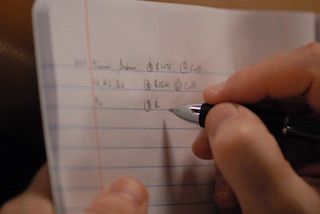
Write out the details of what happened. At each point, did you make the optimal decision in the moment with the information that was available to you? Would a different decision have been better or more ideal? If so, would it positively or adversely affect the following street(s)? Are you confident in your decision? Repeat this process for every street, until the hand's conclusion.
Whether it went well or not, looking at your emotional and physical responses offers helpful insight, as well. How did you feel, emotionally, at each stage of the hand? Try to be as specific as possible. How did you react to the beat? The win? Why do you think you responded this way? After objectively looking at the hand analysis, would you respond the same way emotionally? Did you have any physical reactions? Specifically, what were they? Did your heart race? Your palms sweat?
The more frequently we engage in the practice of self-awareness, the more invaluable and easier it becomes. It has the potential to elevate analytical skills, to improve our play and to increase our ability to assess our opponents' play.
After learning what went right and wrong in your hands, you will be better equipped to determine where to focus your studies. Self-awareness is also helpful in evaluating the effectiveness of study habits, and whether they need fine tuning or complete revamping to suit your personal needs.
Self-awareness is essential to Peak Poker Performance and bringing your "A" game to every session. If this doesn't come naturally and it's a bit of a struggle at first, don't give up. As I wrote in a previous article, start small. So small, that it's impossible to stop. Even if you only ask yourself one reflection question, that's a beginning. Forward momentum is still movement towards your goal.
Poker success is yours for the taking. You've got this!
Dr. Tricia Cardner is the author of Peak Poker Performance (with Jonathan Little), available in paperback, audio and e-book formats via Amazon. Take her free online course Rev Up Your Poker Success, a step-by-step guide to designing your best year ever. And for more from Dr. Cardner, visit her website and follow her on Twitter @DrTriciaCardner.

